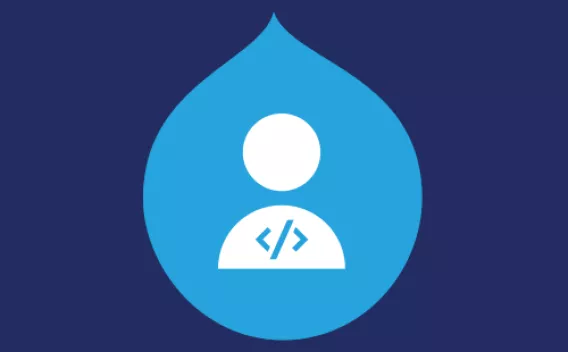Getting your hands on new technology is the best part of being a developer -- playing around with it, and trying out cutting-edge concepts is challenging.
But trying to meet deadlines with new tech, especially if you don't understand it fully? That can mean lots of late nights and weekend work when you'd rather be doing something else.
Fortunately, working with Drupal 8 builds on core skills your team already has. Augmenting their existing knowledge with additional skills to use the new functionality of Drupal 8 will help your team deliver that first project successfully.
The new release of Drupal integrates technology that's become industry-standard, so developing skills in these areas will have benefits beyond the Drupal ecosystem.

Skills for the Tech Team Members
Even if you've worked with Drupal previously, upcoming architectural changes in Drupal 8 mean you'll need to spend some time to get up to speed.
For the tech folks, here's the bulletin: bone up on PHP, Symfony, and object-oriented development.
PHP underlies Drupal 8's event-listener, which is what makes its functionality work. Understanding PHP namespaces is important to coming up with a clean way of organizing your code modules and sub-modules.
Symfony is a PHP framework that's being incorporated into Drupal 8. It will help provide the routing, sessions and services container functionality. Features like dependency injection will help you develop reusable code.
Drupal 8 implements its fields, views, entities and nodes in an object-oriented fashion. This brings the benefits of object-oriented development, like inheritance and encapsulating functionality, but means you need to understand concepts like polymorphism. Focus on understanding key design patterns like dependency injection -- you'll want to leverage those patterns in speed-building your site.
That sounds like a lot of learning, but you don't need to become experts in all of it -- you just need to get a deep enough understanding of the concepts and how to use them to speed your Drupal 8 development.
Skills for the Non-Tech Team Members
The non-tech members of the team don't get a free pass while developers hit the books.
Everyone on the team should understand the capabilities of Drupal 8 so they know what they can reasonably ask you to develop.
Finally, your team needs a "bridge member" -- a team lead or project manager who understands both the technical capability of Drupal 8 and the needs and wants of the business to mediate when there is a conflict between them.
A bridge member who is fluent in technology and business is key to making sure project commitments are realistic and achievable, allowing you to get the project done while having weekends to yourself.
Next: We'll drill down into the technical roles and required skills your team needs for Drupal 8.
Sources:
https://www.drupal.org/drupal-8.0
http://buytaert.net/why-the-big-architectural-changes-in-drupal-8





